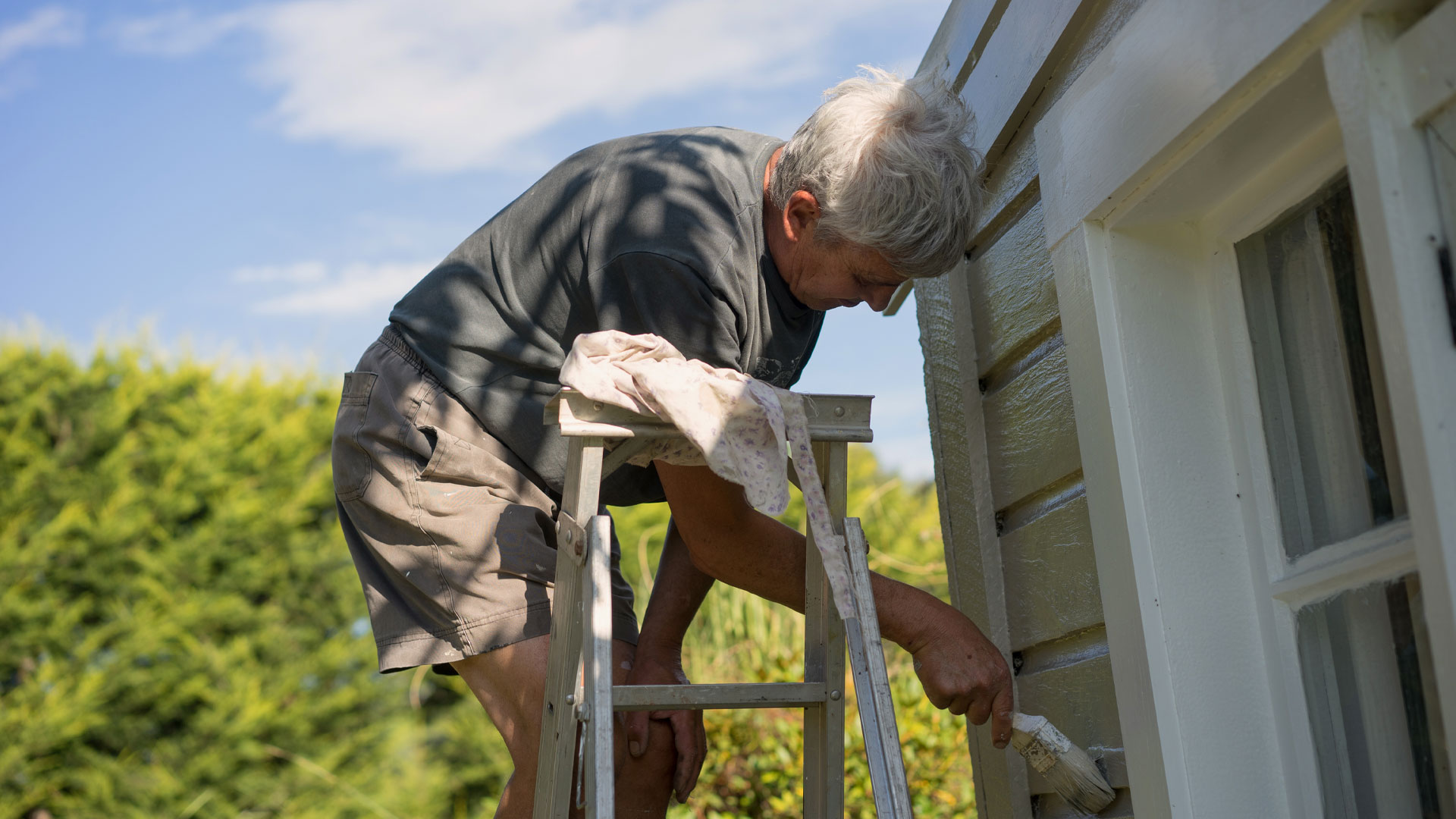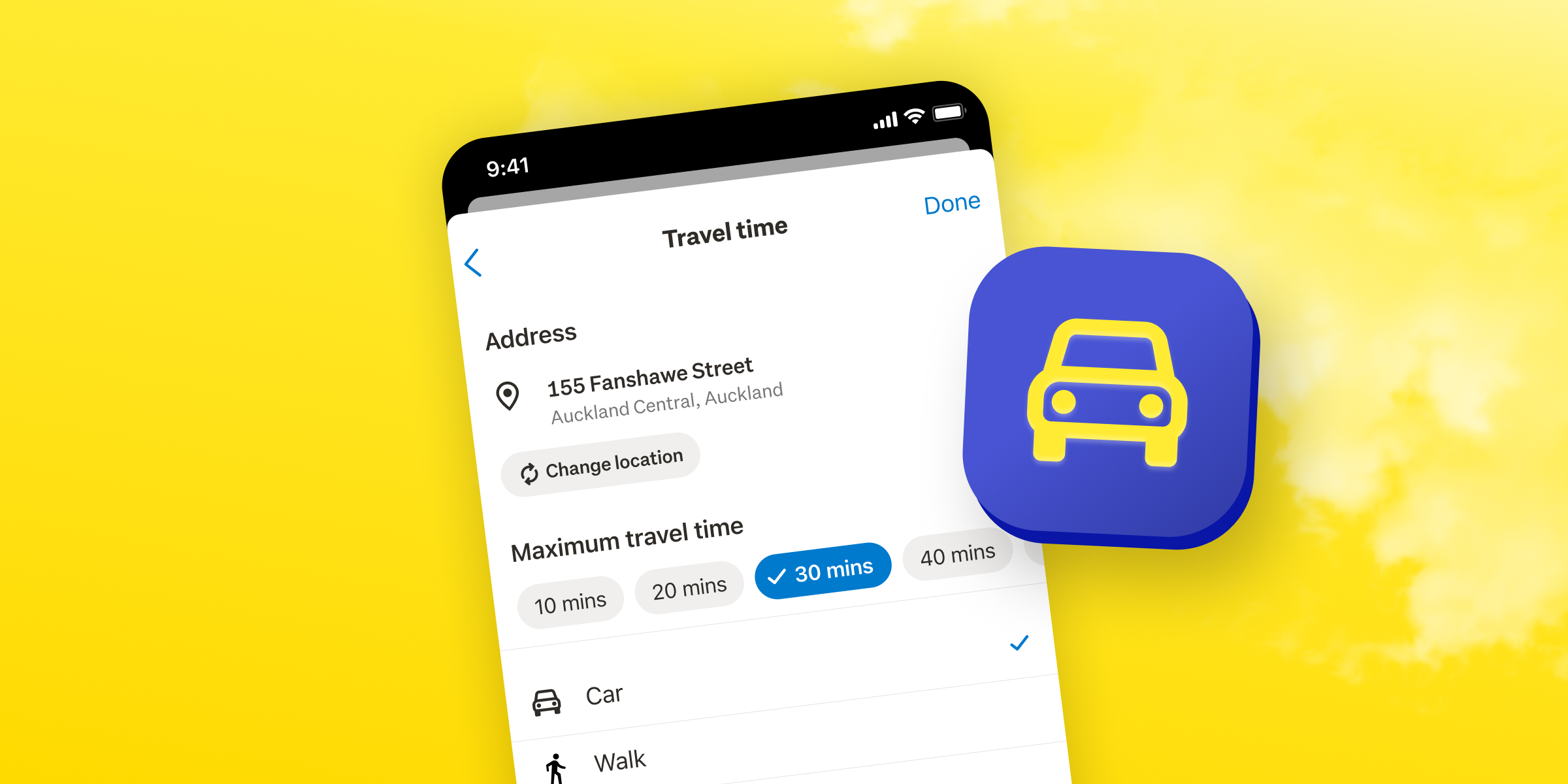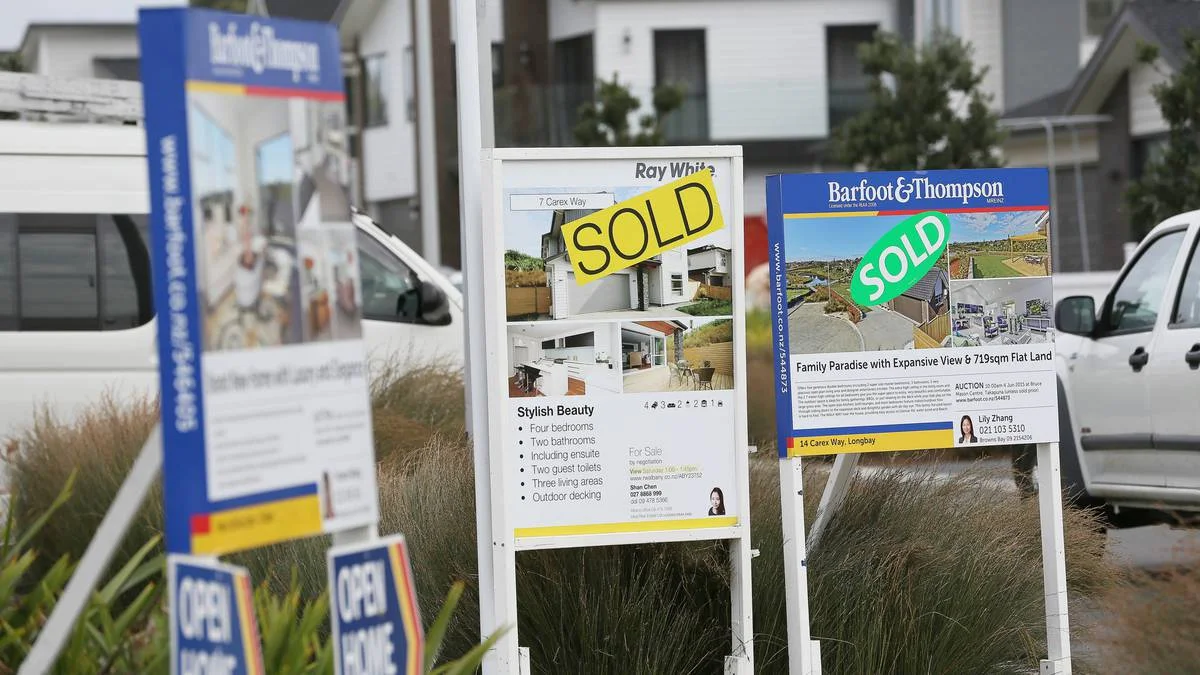Buying guide
The complete beginner's guide to buying a house in New Zealand
Your 7-step guide to buying a house with clarity and confidence

Here’s what we’ll cover:
Keys steps to buying a property in NZ
Step 1: Get Financially Ready
Step 2: Explore mortgage & loan options
Getting pre-approval means certainty over how much you can borrow for your home loan.
Step 3: Start your property search
Step 4: Do your due diligence
You'll get used to viewing homes, and knowing what to look out for.
Step 5: Making an offer
Step 6: Completing the purchase
Step 7: You’re a homeowner!
Final Words
Author
Search
Other articles you might like








